Burundi’s Truth and Reconciliation Commission (CVR) Monday launched the third round of its census to document individuals murdered or missing during the country’s cyclical crises between 1885 and 2008. This round focuses on the provinces of Ngozi, Kayanza, Gitega, Mwaro, and Muramvya.
This initiative follows earlier efforts in November 2024, which covered the provinces of Makamba, Rutana, Ruyigi, Karusi, Muyinga, and Kirundo, as well as Cankuzo, Bururi, and Rumonge in 2023. CVR Chairperson Pierre Claver Ndayicariye emphasized the importance of this process in linking victims to their perpetrators and identifying stolen properties and their rightful owners.
“The identification of the murdered or missing persons is an action that both state institutions and the families of the disappeared need. It also provides relief to grieving families, helping them begin the journey of mourning, seeking, or granting forgiveness,” local media quoted Ndayicariye as saying.
In the areas where the census is being conducted, authorities urge citizens to come forward with any information that could help clarify the events, massacres, and atrocities that occurred during these tragic periods.
Two specially trained investigators from the CVR are stationed in each affected province to collect data. This operation is part of a broader effort to provide closure to grieving families, promote reconciliation, and clarify the historical record of these dark chapters in Burundi’s history. “Documenting innocent victims is bringing them back to life in our families,” said Ndayicariye.
“By gathering detailed information on the victims—such as their roles in society, the locations and years of their deaths, and identifying perpetrators—we aim to reduce controversies surrounding the exact number of victims and their ethnic affiliations,” Ndayicariye added.
The CVR also advises Burundians to be cautious when purchasing or selling land or property, urging them to verify the historical background of the land’s ownership, especially if it is tied to past violence or conflict.

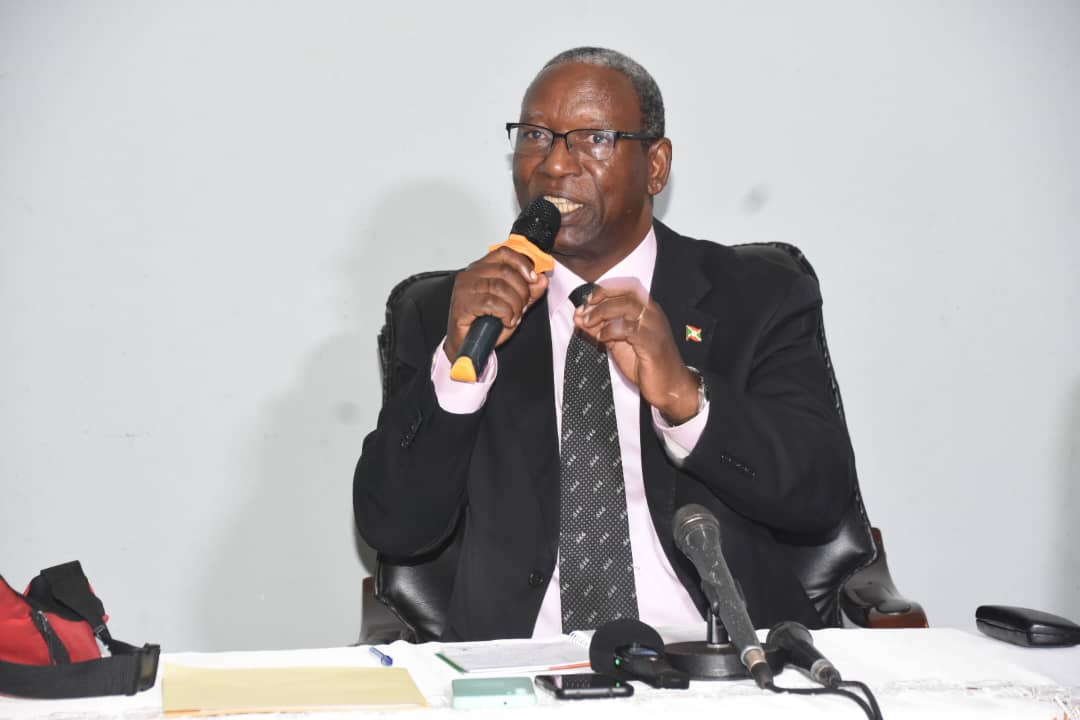
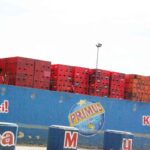
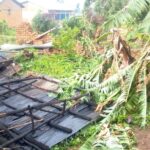
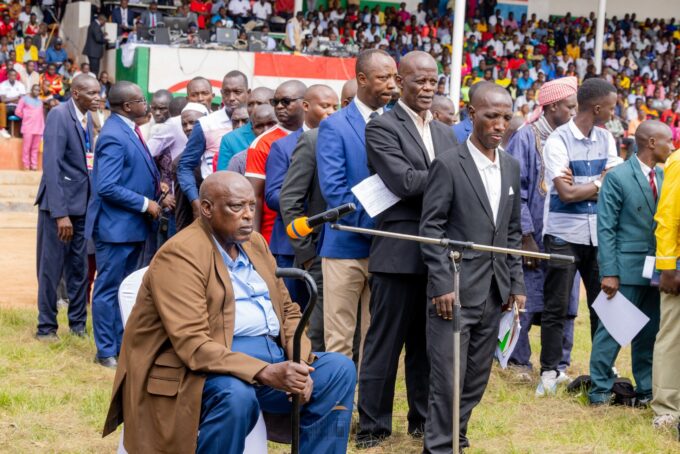
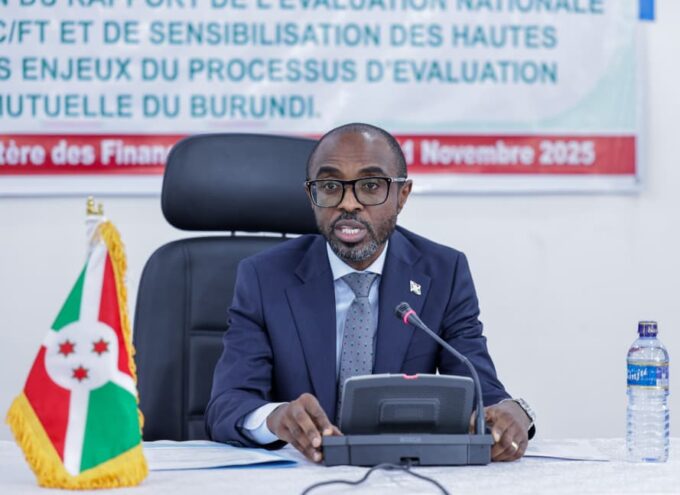
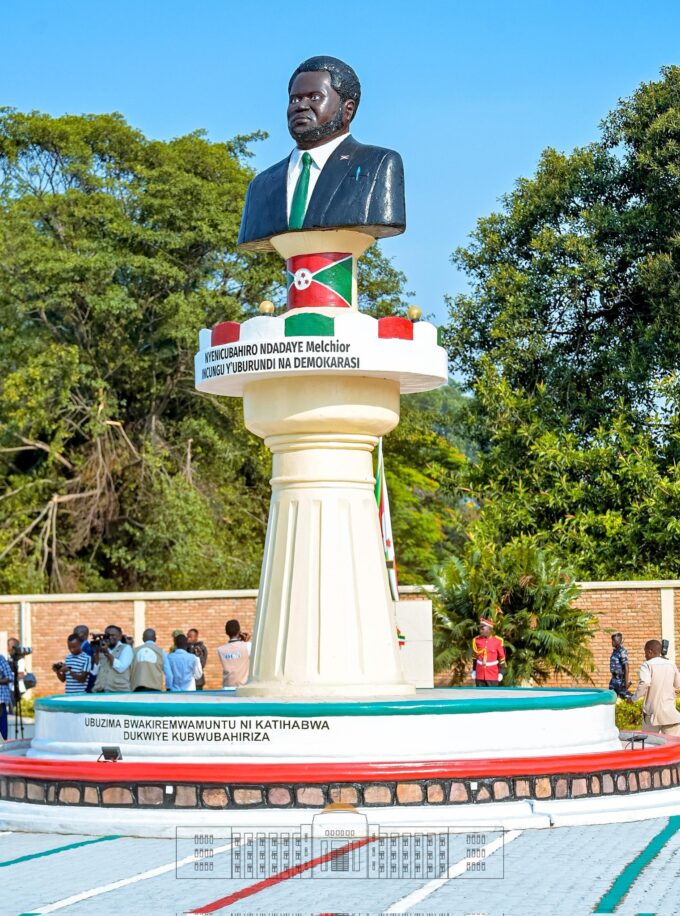
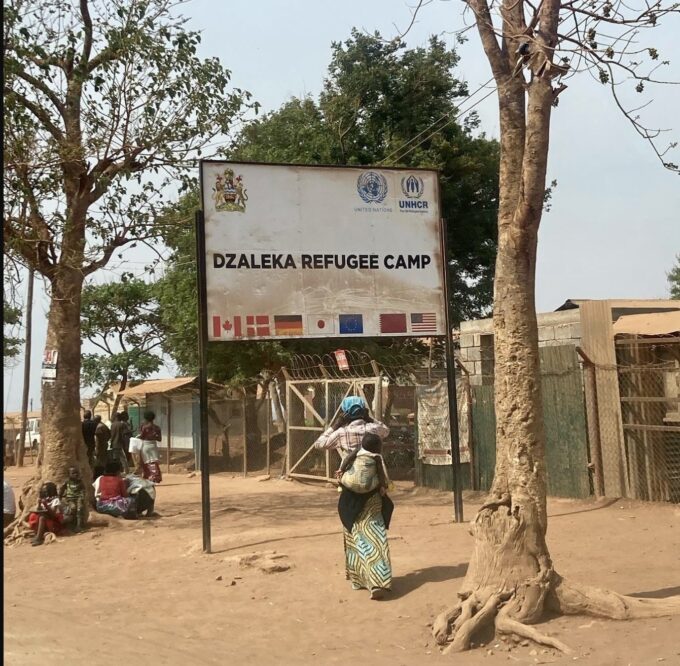
Leave a comment